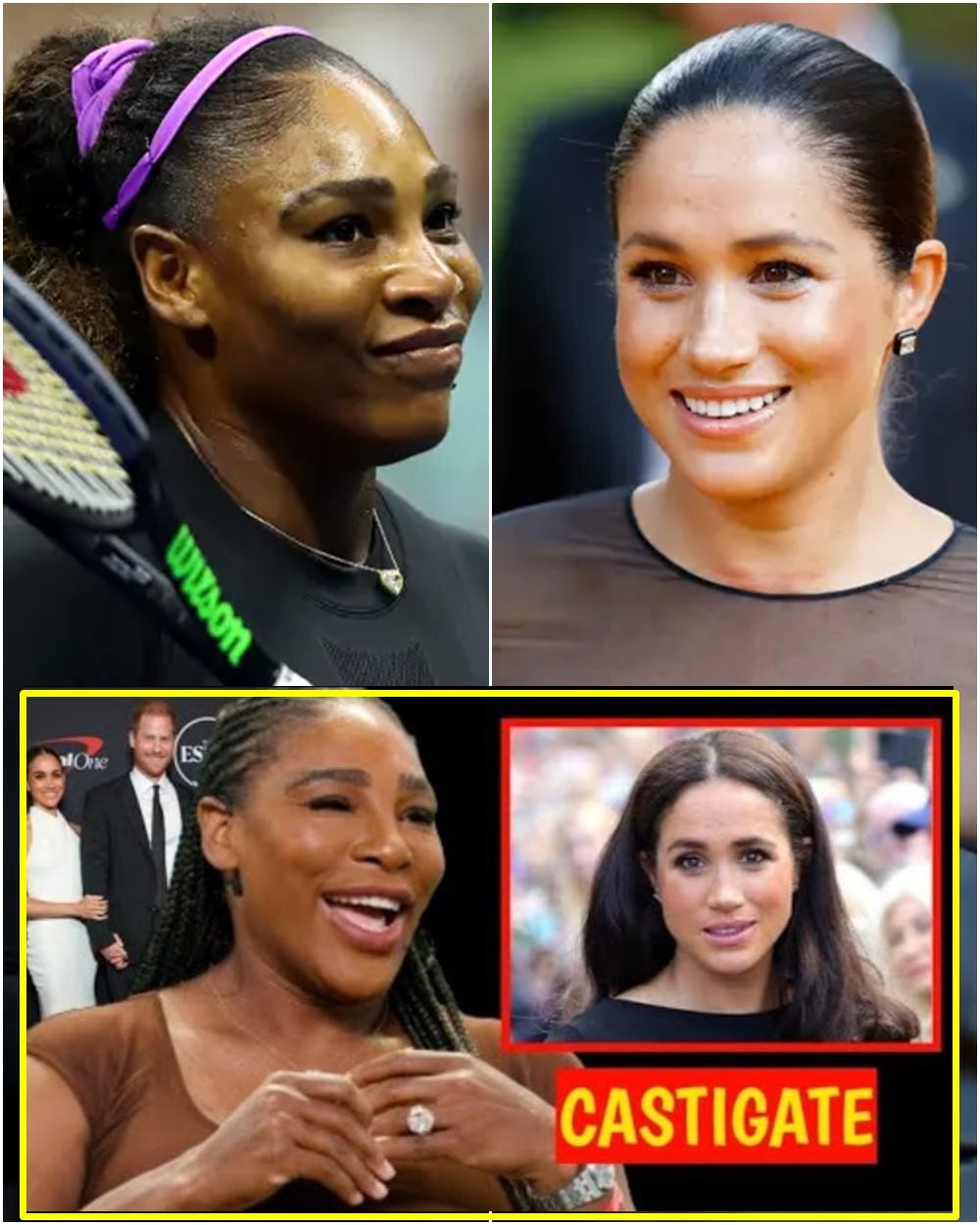Serena Williams, a name synonymous with excellence in tennis, has never shied away from speaking her mind. Recently, her candid remarks during an interview caught the attention of fans and critics alike, particularly regarding Meghan Markle, the Duchess of Sussex. Williams, who has navigated the pressures of fame and public scrutiny, threw what many interpreted as shade at Meghan, sparking debates about privilege, identity, and the complexities of being a woman in the public eye.
Serena Williams recently drew attention with her remarks regarding Meghan Markle, stating that not everyone can claim princess status.
This sparked significant discussions about privilege, race, and the unique challenges faced by women in the public eye, reflecting broader societal issues surrounding identity and the expectations placed on women, particularly women of color.
Williams’ comments delve into the complexities of identity, especially in light of Markle’s transition from actress to royal. By asserting that fighting for one’s place is crucial, Williams contrasts her own experiences with the perceived privilege that accompanies royal status. This perspective resonates with many who navigate similar struggles in pursuit of recognition and success.
The ensuing discourse on social media illustrates the public’s interest in unpacking the nuances of Williams’ remarks and their implications for both women. It highlights how different experiences of fame can shape perceptions of privilege and the realities of public life. Williams’ journey as a Black woman in a predominantly white sport adds layers to her critique, emphasizing resilience in the face of systemic racism and sexism.
Both Williams and Markle exemplify the intricate challenges women face in the public sphere, particularly concerning race and societal expectations. Williams actively advocates for women’s rights and equality, using her platform to inspire marginalized voices.
Meanwhile, Markle’s royal life has brought not only privilege but also intense media scrutiny, shedding light on the complex dynamics of race and identity within the royal family.

Criticism directed at both women often stems from outdated stereotypes, underscoring the need for society to reassess the expectations placed on women, especially women of color. Williams’ comments have sparked conversations about their relationship and the broader societal implications, prompting debates about whether her words indicate a rift or reflect narratives that unfairly pit women against one another.
The polarized reactions to Williams’ remarks on social media highlight the scrutiny public figures face regarding their statements and relationships. This ongoing conversation emphasizes the treatment of women of color in the spotlight, raising critical questions about race, privilege, and the societal judgments that continue to shape their experiences. Ultimately, these discussions reflect a broader need for understanding and empathy in addressing the complexities of womanhood in today’s world.
